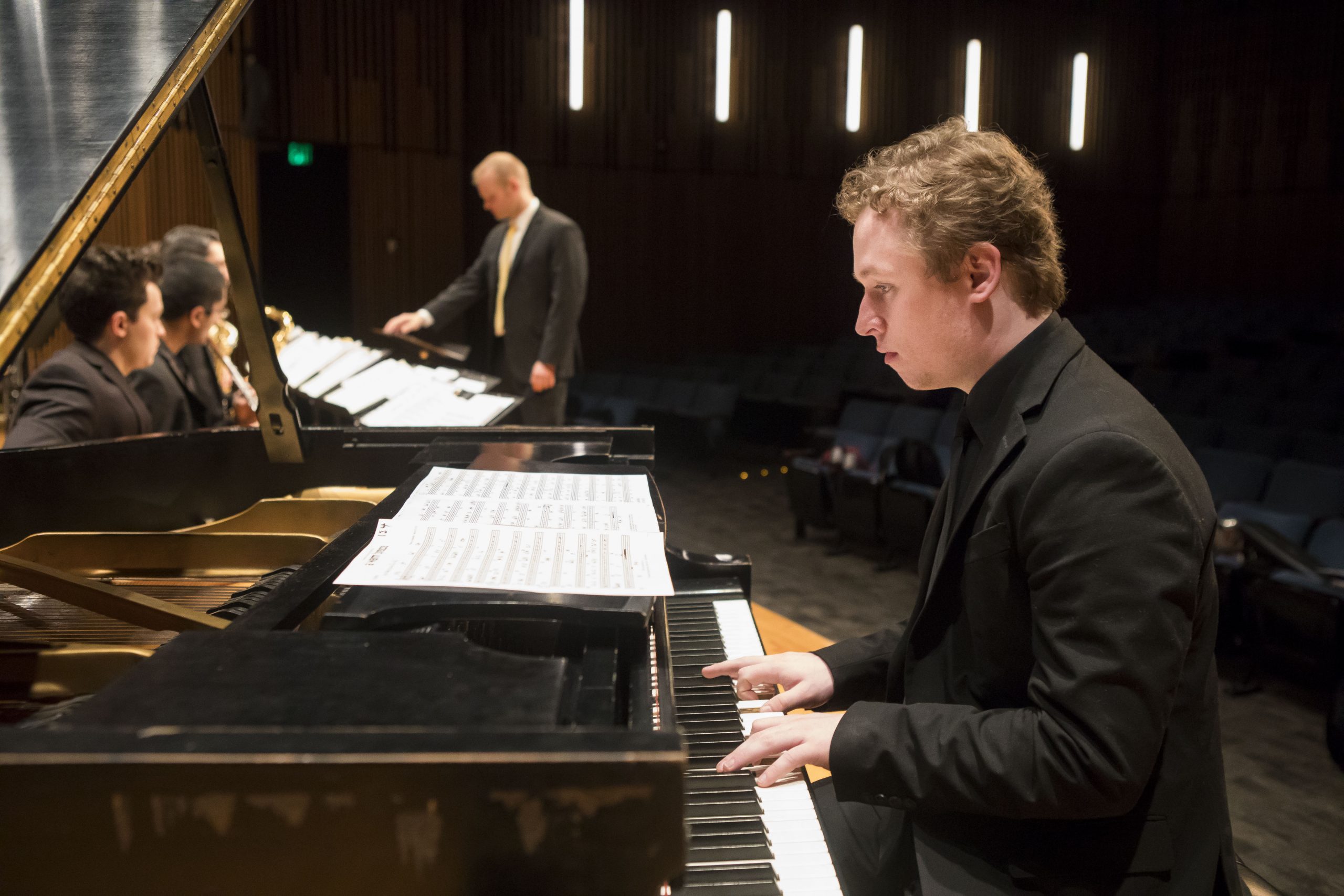
Collegiate Area Chair: Heather Conner
Academy Precollegiate Coordinator: Jama Reagan
Keyboard Harmony Program
Pre-screening & Audition Repertoire Requirements
All applicants must complete a pre-screening video according to their program (instrument, voice, composition or jazz.) Pre-screening requirements are the same regardless of your specific major of interest. For example: all voice applicants will follow the vocal requirements below no matter what they plan to major in (Performance, Integrated Studies, or along the Musical Arts degree.) Once the admissions process is complete, admitted students will notify us of their intended specific major. You can learn more about these majors here. Jazz applicants should follow the specific Jazz requirements for pre-screening and audition on their primary instrument or voice.
All applicants should feel free to reach out to Blair Admissions with audition repertoire questions.